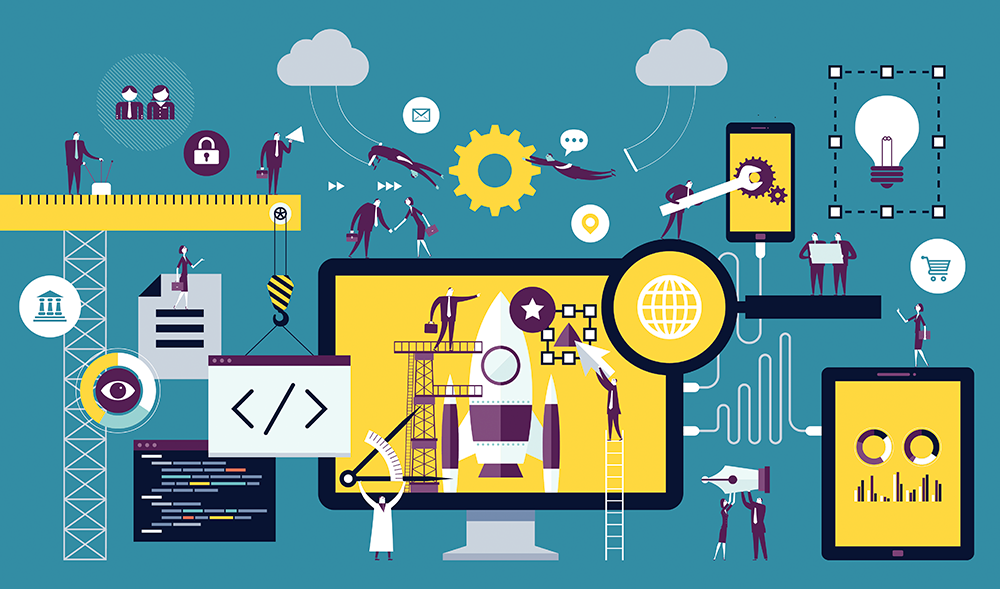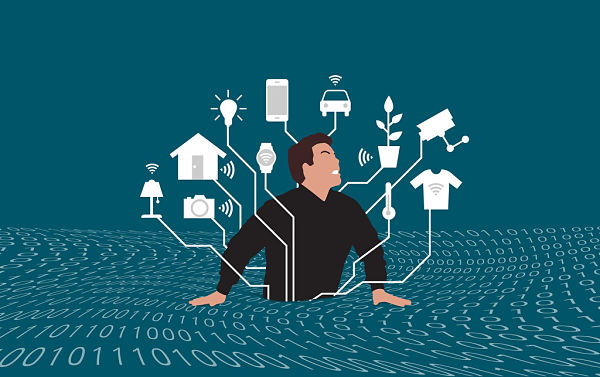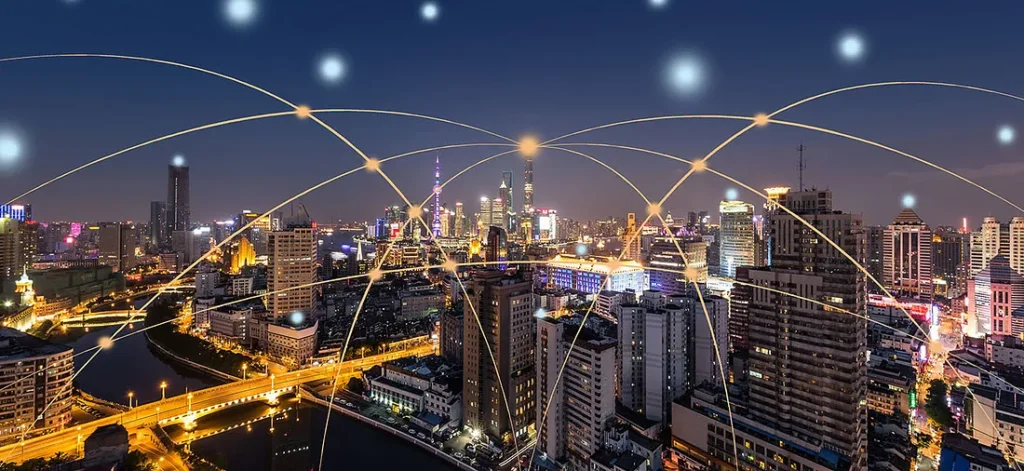Technology has always been a driving force in human progress. From the invention of the wheel to the development of the internet, new technologies have opened new possibilities and changed the way we live our lives.
As we look to the future, technology will continue to play an increasingly important role in our lives. Artificial intelligence, robotics, and other emerging technologies have the potential to revolutionize the way we work, learn, and interact with the world around us.
While the future of technology may seem uncertain, there are a few things that we can be sure of. First, technology will continue to evolve at a rapid pace. Second, technology will have a profound impact on our lives. And third, it is up to us to shape the future of technology and ensure that it is used for good.
In this blog post, we will explore the potential impact of technology on the future of humanity. We will discuss the opportunities and challenges that lie ahead, and we will consider what it means to be human in a world increasingly shaped by technology.
The Opportunities of Technology
Technology has the potential to solve some of the world’s most pressing problems. For example, artificial intelligence could be used to develop new drugs and treatments for diseases, or to improve the efficiency of our energy grid. Robotics could be used to automate dangerous or repetitive tasks, or to provide care for the elderly or disabled.
Technology can also be used to connect people from all over the world and to promote understanding and tolerance. The internet has made it possible for people to share ideas and cultures with each other, and social media has given a voice to those who have been marginalized.
In short, technology has the potential to make the world a better place. It can help us to solve problems, connect with others, and create a more just and equitable society.

Benefits of technology
One of the most significant benefits of technology is the way it has transformed communication. Social media platforms such as Facebook and Twitter have made it easier than ever to connect with people from all over the world, breaking down geographical barriers and facilitating the spread of ideas and information. This has led to greater global awareness and understanding, as well as increased opportunities for collaboration and innovation.
Technology has also transformed the way we work, with automation and artificial intelligence (AI) becoming increasingly prevalent in many industries. While there are concerns about the impact of these technologies on employment, they have also led to increased productivity, efficiency, and accuracy. By automating repetitive or dangerous tasks, technology has freed up workers to focus on more creative and fulfilling work, leading to greater job satisfaction and higher levels of innovation.
In the field of healthcare, technology has the potential to revolutionize the way we approach disease prevention and treatment. Wearable technology such as fitness trackers and smartwatches can provide valuable data on our health and wellness, while telemedicine and remote monitoring enable patients to receive care from anywhere in the world.

Concerns about the impact of technology
Despite these benefits, there are also concerns about the impact of technology on society and the future of humanity. One of the main concerns is the potential for technology to widen social and economic inequalities. While technology has the potential to create new opportunities and improve access to resources, it can also reinforce existing inequalities and exacerbate divisions between different groups.
Another concern is the potential for technology to be used for malicious purposes, such as cyber-attacks or the development of autonomous weapons. As technology becomes increasingly advanced, there is a risk that it could be used to threaten national security or to cause harm to individuals and communities.
Finally, there are concerns about the impact of technology on our mental and emotional well-being. While technology has the potential to connect us with others and provide valuable information and resources, it can also lead to feelings of isolation, anxiety, and addiction. The constant stimulation and distraction of technology can make it difficult to focus on important tasks, leading to decreased productivity and increased stress.
The Challenges of Technology
Of course, technology also poses some challenges. One of the biggest challenges is the potential for job displacement. As technology becomes more sophisticated, it is able to automate more and more tasks. This could lead to widespread unemployment, as machines replace humans in the workforce.
Another challenge is the potential for technology to be used for harmful purposes. For example, artificial intelligence could be used to develop autonomous weapons, or to create propaganda that manipulates people’s thinking. Robotics could be used to create dangerous weapons or to invade people’s privacy.

What Does It Mean to Be Human in a World Shaped by Technology?
As technology continues to evolve, it will have a profound impact on our understanding of what it means to be human. In the past, our identity was largely defined by our relationships with other people and our place in the natural world. However, as we become increasingly connected to technology, our relationships with other people and with the natural world may change.
For example, we may spend more time interacting with machines than with other people. We may also become more reliant on technology to meet our needs, such as for food, shelter, and entertainment. This could lead to a sense of isolation and alienation, as we become more disconnected from the world around us.
On the other hand, technology could also help us to connect with others in new and meaningful ways. For example, we could use social media to stay in touch with friends and family who live far away. We could also use virtual reality to experience different cultures and to learn new things.
In short, technology is changing the way we live and the way we think. It is up to us to decide how we will use technology to shape our future. We can use it to connect with others, to learn new things, and to solve problems. Or we can use it to isolate ourselves, to spread misinformation, and to create conflict.
References
- “The Future of Humanity: A Roadmap for Intelligent Life in Space.” The Future of Humanity Institute. University of Oxford, 2016. Web. 25 Feb. 2023.
- “The Impact of Technology on Humanity.” The World Economic Forum. World Economic Forum, 2020. Web. 25 Feb. 2023.
- “What Does It Mean to Be Human in the Age of Technology?” The New York Times. The New York Times, 2018. Web. 25 Feb. 2023.
- Brynjolfsson, E., & McAfee, A. (2014). The second machine age: Work, progress, and prosperity in a time of brilliant technologies. W.W. Norton & Company.
- Diamandis, P. H., & Kotler, S. (2012). Abundance: The future is better than you think. Simon and Schuster.
- Floridi, L. (2014). The fourth revolution: How the infosphere is reshaping human reality. Oxford University Press.
- Morozov, E. (2013). To save everything, click here: Technology, solutionism, and the urge to fix problems that don’t exist. Public Affairs.

